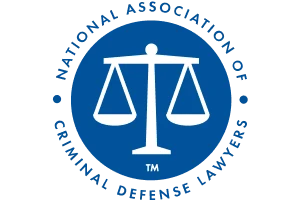Homicide is separated into several categories of seriousness in Colorado. The most serious is murder in the first degree, which is a class 1 felony. There are two possible sentences for this crime: life imprisonment without possibility of parole, or death.
There are a number of scenarios to which murder in the first degree applies. A prosecutor can try to prove that the accused caused someone’s death with the deliberate intent to cause the death of a person other than himself or herself. Alternatively, the prosecutor can try to prove that the accused committed or attempted to commit sexual assault, robbery, burglary, or another violent crime and that someone other than the accused died during the crime.
A Colorado prosecutor can also charge first-degree murder when a defendant by perjury or subornation of perjury procures the conviction and execution of an innocent person. First-degree murder also applies when someone makes a drug sale to a minor on school grounds that results in death. First-degree murder can also be charged when a person in a relationship of trust with a minor under age 12 knowingly causes the death of the minor.
Depending on the specific circumstances of each case, a number of defenses may be raised against a first-degree murder charge. For example, when there is a group of perpetrators, an experienced lawyer can argue that the defendant didn’t commit the homicidal act, didn’t have a weapon, and had no reason to believe that another participant was armed and planned to use a weapon to cause injury or death. The lawyer also would argue that the defendant tried to disengage from the crime as soon as he or she realized a participant had a deadly weapon or was likely to cause death or serious injury.
Second-degree murder is charged in other scenarios where a person knowingly causes someone’s death. One way to defend against these charges is to argue that the defendant does not have the requisite state of mind of “knowingly.” If the victim committed a serious, provocative act such that a reasonable person would lose emotional control, the crime may be considered to be committed in a heat of passion. In that case, it is a class 3 felony. However, if there is an interval between the provocation and the killing such that someone could become more reasonable, the killing will remain a class 2 felony.
A Colorado prosecutor will charge the class 4 felony of manslaughter when somebody’s death is caused by recklessness. The prosecutor must prove that the defendant recklessly caused the death of somebody else or that the defendant intentionally caused or helped another person commit suicide. A defendant who shows criminal negligence and kills someone will be charged with criminally negligent homicide, a class 5 felony.






